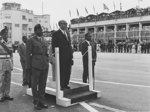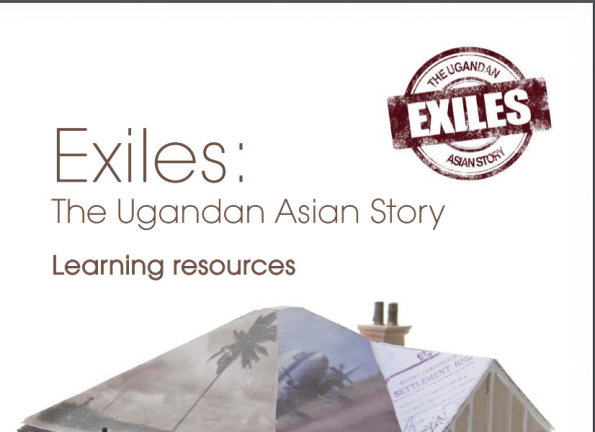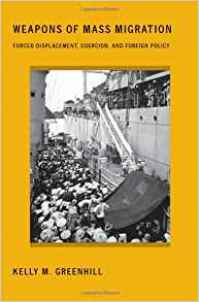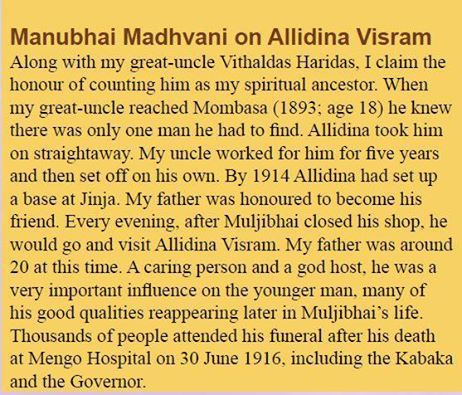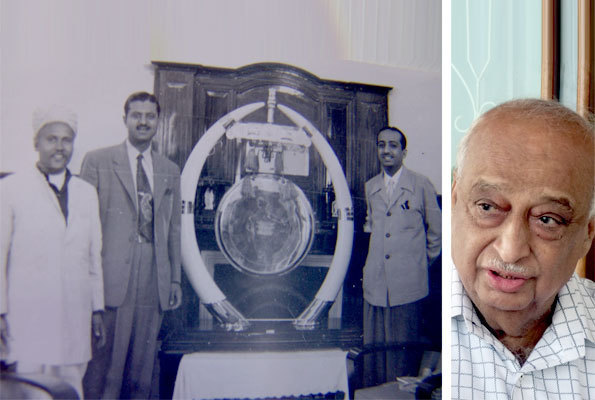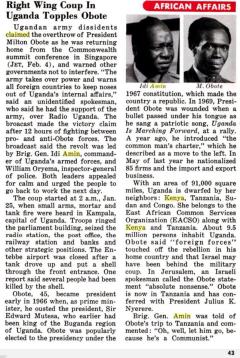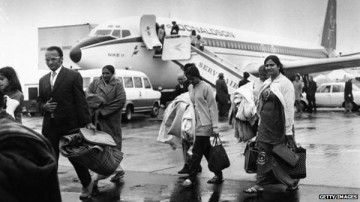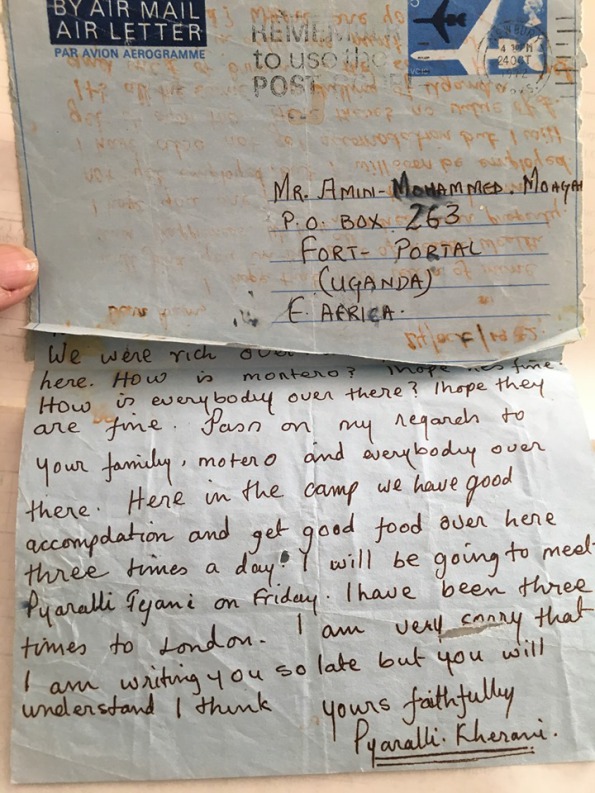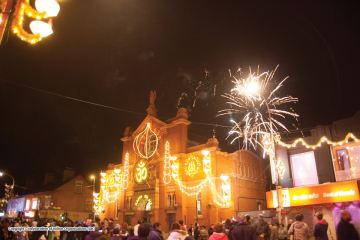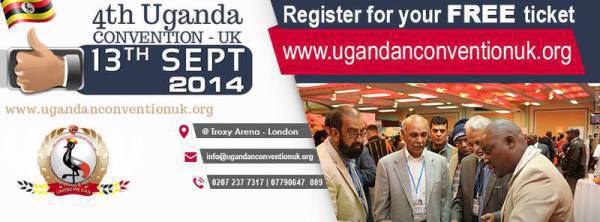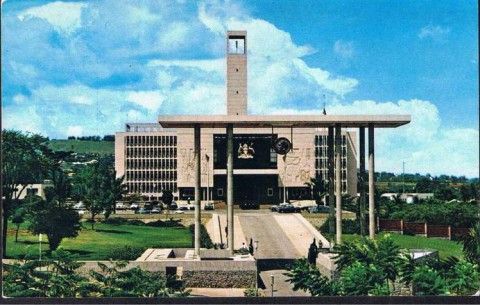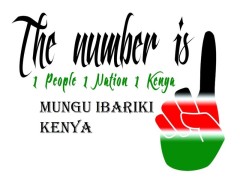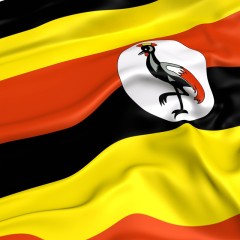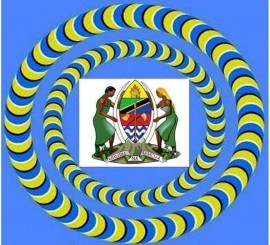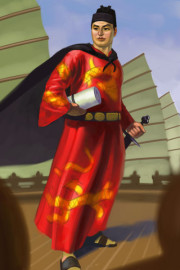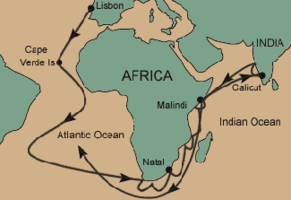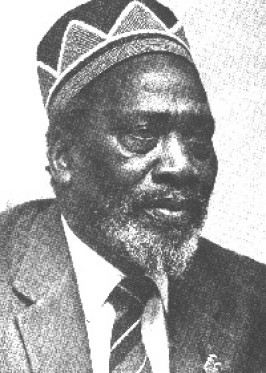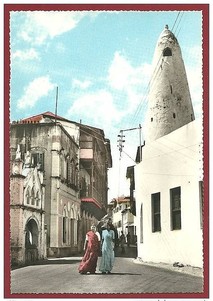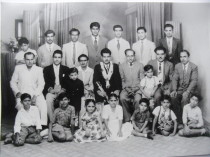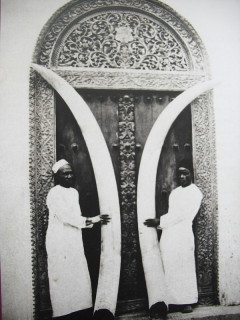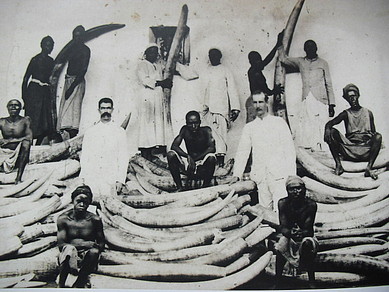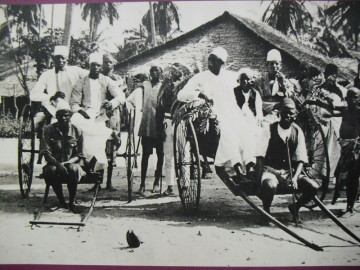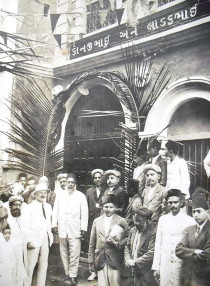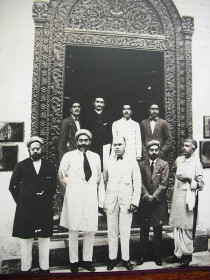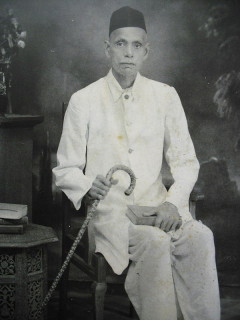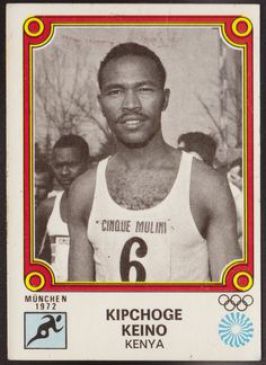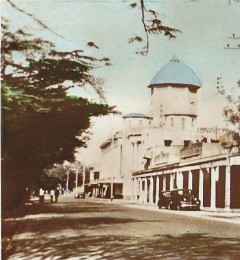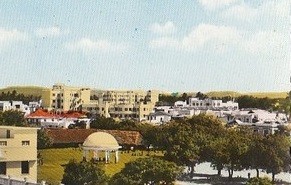Britain and Israel were the real force behind the 1971 Idi Amin coup against Milton Obote's government, recently declassified British Foreign Office documents show.
According to the documents declassified after the mandatory 30-year period, while Britain came on board on the day of the coup, Israel, through its military attaché in Uganda, Col. Bar Lev was in the thick of the plot.
Here is the real reason for expulsion.....The day Idi Amin wanted to annex western Kenya (as
reported).
Former Uganda’s President Idi Amin Dada chairs the 12th Organization of African Unity (OAU, OUA) summit in August 1975 in
Kampala. Uganda.
The dispute between Uganda and Kenya regarding the ownership of Migingo Island in Lake Victoria rekindles memories of another
dramatic flare-up in 1976, when Ugandan President Al-Haji Field Marshal Idi Amin Dada attempted to redraw the boundaries of the two countries.
Amin wanted back all Kenyan districts that were part of Uganda before the colonial re-demarcation of the territorial boundaries.
These included Turkana, part of Lake Rudolf (now Lake Turkana), West Pokot, Tranz-Nzioa, Bungoma, Busia, Kakamega, Central
Nyanza, South Nyanza, Narok, Kisii, Kericho, Nakuru, Uasin Gishu, Elgeyo, Marakwet, Nyandarua, Nandi, Kisumu, Eldoret, Tambach, Maji Moto, Maji Mazuri, Gilgil, Nakuru, Lake Baringo and
Naivasha.
So, how did he come into power after coup d'état and who immediately recognised his brutal regime and what was the real reason for expelling British Asians, here is the reason behind it all…
Amin was a (former British KAR soldier) he got rid of Obote, with the help of MI6 and Mossad, the intelligence services of
Britain and Israel. Amin struck on 25 January, 1971, while Obote was attending a Commonwealth summit in Singapore.
Britain immediately recognized the new Ugandan ruler, who dressed his crack units in kilts and established a pipe band (as
reported).
The relationship between Idi Amin and the Israelis was, to borrow a well-worn cliché, a marriage of convenience; Amin needed the
military and political support from Tel Aviv, which needed Uganda’s support to arm the Anyanya rebellion in South Sudan against the anti-Zionist regime in Khartoum as reported, (not long ago Israel
was in Sudan), he had other dealings too with Israel...long story.
Never the less Amin survived that!
Although Amin defended the expulsion by arguing that he was "giving Uganda back to ethnic Ugandans" there was much more to it, it
was in fact due to not getting his way with Israel and Britain.
When Idi Amin overthrew Obote in 1971, he restarted support for the rebels and continued the military relationship with Israel.
Amin visited Israel in 1971 and was toasted by Israeli Defence Minister Moshe Dayan.
He got some arms and an executive jet but not the fighter jets and other sophisticated equipment he had hoped for, from his ally
Israel and the UK, which he wanted in order to deal with Tanzania, that was harbouring Milton Obote and remnants of his forces who had managed to flee across the border.
This was his phase two in desperation in trying to show his might but his initial idea was wanting jets to bomb Kenya and Tanzania probably not in that order.
Now, dove tail these...Remember.. In early August 1972, the President of Uganda Idi Amin ordered the expulsion of his country's
Indian minority, giving them 90 days to leave the country...this was in a way leverage applied to Britain to supply him with more sophisticated arms...it did not work .
Remember the Entebbe raid, (July 3–4, 1976), rescue by an Israeli commando squad of 103 hostages from a French jet airliner hijacked en route from Israel to France. That was a retaliation for not getting his own way with Israel..
Lastly remember…The Tanzanian president Julius Nyerere ordered his troops to invade Uganda in response. Tanzanian Army and rebel forces successfully captured Kampala in 1979 and ousted Amin from power and no one came to his rescue.
I wonder who funded the rebel forces...?
https://www.youtube.com/watch?v=hZ_gPM0Kfx4
https://www.timesofisrael.com/when-the-israeli-prime-ministers-wife-took-a-twirl-with-idi-amin/
Britain and Israel were the real force behind the 1971 Idi Amin coup against Milton
Obote's government, recently declassified British Foreign Office documents show.
According to the documents declassified after the mandatory 30-year period, while Britain came on board on the day of the coup, Israel, through its military attaché in Uganda, Col. Bar Lev was in the thick of the plot.
https://allafrica.com/stories/200203310121.html
http://www.afrol.com/News2002/uga004_amin_uk.htm
Amin fitted the British colonial stereotype of coming from a "warrior" tribe - the Kakwa are closely related to
the physically magnificent and "warlike" Nubians of the Sudan. He joined the regular KAR ranks as a private and rapidly became a corporal, serving against the Mau Mau during its 1952-56 anti-British
revolt in Kenya.
https://www.scotsman.com/news/obituaries/idi-amin-2469224
The Queen's 'good friend'... Idi Amin: Extraordinary personal sign-off in letter to brutal Ugandan dictator revealed in previously unseen archives
Amin Regime in Uganda Is Recognized by Britain
https://www.nytimes.com/1971/02/06/archives/amin-regime-in-uganda-is-recognized-by-britain.html
When Idi Amin put Jomo Kenyatta in the mood for battle
Scots diplomat recalls bagpipes and bloodshed with Idi Amin
https://www.scotsman.com/news/obituaries/idi-amin-2469224
‘Bagpipes and Bloodshed’, Scotland on Sunday – In July 1976, Britain broke diplomatic ties with Uganda, the first time it had ever done so with a Commonwealth nation. The decision was sparked by the increasingly erratic and bloody dictatorship of Idi Amin. The abduction and murder of a British grandmother proved the final straw and the British High Commission was closed. Only a handful of Britons remained in the country, among them diplomat Robert Wyper, originally from Montrose. It was he who was summoned to Amin’s sprawling presidential residence in the wake of the break. Forty years on, he recalled how Amin called him the “most dangerous man in Uganda.” It is rare to have anyone from the FCO speak on the record about their postings, particularly one as fraught as Kampala in the mid 1970s.
https://martynmclaughlin.com/interviews/former-diplomat-robert-wyper/
Save his regime
Faced with all these problems and a population that was growing increasingly restless with the economic problems at home, Amin had an idea that he thought would help save his regime and rally his countrymen behind him: he would wage war against Kenya.
It is 35 years since the Ugandan dictator threatened to invade Kenya triggering military mobilisation on a scale not seen before President Kibaki ordered the military to enter Somalia 10 days ago.
Amin’s threat to march to within 32 kilometres of Nairobi to reclaim parts of Nyanza and Rift Valley, which he insisted belonged to Uganda, sparked a reaction that mirrors the situation in Kenya today.
A nation that was usually reliably divided along ethnic lines rallied together in support of the military, which was deployed to the border with Uganda in Western Kenya.
Just as many ethnic Somalis in Kenya and Somalia support efforts to fight al Shabaab, so did many Ugandans throw their weight behind Kenya in the conflict with Amin hoping a military confrontation would help topple the tyrant.
Ugandan dictator Idi Amin guest of honour at Buckingham Palace
14 July 1971
On 14 July 1971, Ugandan dictator Idi Amin was the guest of honour at a state banquet with the Queen at Buckingham Palace. Newspaper coverage was mostly favourable. An editorial in the Daily Telegraph declared that Amin was ‘a staunch friend of Britain.
Ugandan dictator Idi Amin guest of honour at Buckingham
Palace - RogueNation.org
The tyranny of Idi Amin – and the limits of a British welcome
https://ukdaily.news/the-tyranny-of-idi-amin-and-the-limits-of-a-british-welcome-96047.html
He was believed to be 78 years old. Amin had a lust for power that prompted him first to align himself with Israel and then to abandon the Jewish state when it refused to provide the arms to satisfy his violent aspirations. Instead, he turned to Arab states, who were alone in embracing the African dictator — with the exception of the Soviet Union, which courted Amin for a time. Amin was once denounced by his Ugandan predecessor and former ally as “the greatest brute an African mother has ever brought to life.” Amin was born in north western Uganda, near the Sudanese border, and converted to Islam at age 15.
https://www.jta.org/2003/08/20/lifestyle/idi-amin-and-israel
Below is an extract from a book about Uganda’s Exodus in 1972, called “Ninety Days” written by Rashmi Paun.
Discretion is advised for those that might have possibly been victims of such heinous ordeals.
It is sad and it is certainly unethical that the very people and their families who helped build Uganda were
dishonourably tormented, persecuted in such besieged way to be felt to their very anguished souls that were stricken up to a pulp in such an inhuman way, by compellingly degrading them as
trash.
This such heinous experience, that many of us not exposed to would have ever envisioned, these were literally daylight nightmares in the making whilst your eyes were fully wide open and wake for the
anguish Mothers, Fathers, Grand Parents, Aunts, Uncles, Sisters, Brothers, Children, , their heart thumping away, disoriented for they had done no wrong but were victims of callous greed, evil
through one person’s vision or call it schizophrenic attack.
Click below to continue....
Extract from a book about Uganda’s Exodus in 1972, called “Ninety Days” written by Rashmi Paun.
Uganda Day 89.pdf
Adobe Acrobat document [671.4 KB]
Exiles: The Ugandan Asian Story Learning resources
About the authors Bill Bolloten is an independent education consultant. He specialises in work on equality, diversity, migration and community cohesion. Suman Bhuchar has been involved in the Exiles Project as a researcher, writer, interviewer and production supervisor for the digital stories. The Exiles Project, Project manager: Santhosh Chandran Project coordinator: Jayesh Amin Heritage consultant: Philip Kiberd Design: Tim Hughes
http://asiancentre.co.uk/wp-content/uploads/2014/08/Exiles-learning-pack-web1.pdf
Weapons of Mass Migration: Forced Displacement, Coercion, and Foreign Policy (Cornell Studies in Security Affairs) Hardcover – 23 Sep 2015
by Kelly M. Greenhill (Author)
Uganda (G)—United Kingdom, 1972 [British Ugandans]; Failure
On August 5,1972, President Idi Amin announced his intention to expel all Asians from Uganda within three months, in what has been widely regarded as an act of simple economic expropriation (i.e., a case of dispossessive engineered migration Up to 80,000 of those due to be pushed out were British passport-holders.
Second generation Madhvani
Manubhai (on the right) with his brother, Jayant . The two Madhvanis grew their father’s businesses and handed them over bigger and better to a third generation, despite turbulent times.
In Summary
These stories of Manubhai Madhvani who died in London in May 2011, are excerpts from Vali Jamal’s book Uganda Asians: Then and now, Here and There, We contributed, We contribute. The interview was done at Kakira on June 19, 2008 with Eng Yashwant D. Sidpra.
http://www.monitor.co.ug/SpecialReports/Second-generation-madhvani/-/688342/1521496/-/fyt02sz/-/index.html
Expulsion of Indians from Uganda 1972 | Part 1/2
Uganda recognises Sikh Contribution.
Uganda recognises Sikh Contribution.
Amazing that Kenya, Uganda and Canada recognized the contributions of Sikhs to their society and country as a whole. Sikhism being the fifth largest religion in t
Uganda recognises 100 years of Sikh Con[...]
Uganda recognises 100 years of Sikh Con[...]
Adobe Acrobat document [276.6 KB]
'From Kampala to Leicester': The Story of a Community
On 4 August 1972, then President of Uganda, Idi Amin, ordered the expulsion of his country's Indian and Pakistani minority, giving them 90 days to leave Uganda.[1] Amin said that he had had a dream in which God told him to order the expulsion.
http://en.wikipedia.org/wiki/Expulsion_of_Asians_from_Uganda
Asian Voice …. Glorious Gujaratis
Gujaratis are known to make a mark everywhere in the world, from Canada to US to Europe to New Zealand- whatever be their job- whether it's business, politics, banking, legal, art, music or acting. There are very few who do not know leaders like Mahatma Gandhi, Muhammad Ali Jinnah or Narendra Modi.
https://www.asian-voice.com/News/UK/Glorious-Gujaratis
On This Day: Idi Amin orders 60,000 Asians out of Uganda
Idi Amin expels Asians from Uganda
http://www.bbc.co.uk/learningzone/clips/idi-amin-expels-asians-from-uganda/7698.html
1972: Asians given 90 days to leave Uganda
http://news.bbc.co.uk/onthisday/hi/dates/stories/august/7/newsid_2492000/2492333.stm
In 1972, Ugandan dictator Idi Amin ordered all Asians out of the country, which led to around 10,000 arriving in Leicester.
http://www.pukaarnews.com/40-year-anniversary-ugandan-asians-arriving-leicester/2391/
Exile, Discrimination and
Integration
The story of Britain’s Ugandan Asians 40 Years on
http://www.hopenothate.org.uk/britains-ugandan-asians/
Uganda: The Legacy of Idi Amin’s Expulsion of Asians in 1972
http://www.ibtimes.com/uganda-legacy-idi-amins-expulsion-asians-1972-214289
Immigration archive: Ugandan Asians in Leicester (1972)
http://www.channel4.com/news/immigration-archive-ugandan-asians-in-leicester-1972
Short-sighted demagogue who played the race card: Idi Amin expelled the Asians 20 years ago. Richard Dowden, Africa Editor, explains why the decision was supported by Ugandans
http://www.ibtimes.com/uganda-legacy-idi-amins-expulsion-asians-1972-214289
http://www.teara.govt.nz/en/photograph/1106/asian-refugees-from-uganda
Uganda Asian Exodus: Laila Datoo’s Exclusive Collection of Photos of Prince Sadruddin Aga Khan’s Visit to a Refugee Camp in Italy in January 1973
SPECIAL REPORT - The Last Indian to leave Uganda
With the expulsion of Ugandan Asians in 1972 came separation of family and friends. I found this letter addressed to my late father, dated 24th October
1972.
Stamped Newbury, 24th October 1972.
Now, that is nostalgia, imagine your own parents, your loved ones, and small children, young, old all forcibly displaced with the very clothes that you, they wore and the devastation that
brought to the elders on the forceful burden that was bestowed upon them at their age, all was lost.
As if, that was not enough, building up to the evacuation date... a loving, living environment in contrast was now a constant fear of life overnight, one had to get rid of all your valued
sentimental in pets, in valued treasured goods for nothing, the pain that resonated through each and every member of the family in a different way until such time of the exodus that neared like a
dingier greyer mist setting upon hovering over us all, that got grimmer and grimmer.
There was more heartache/fear awaiting that reverberated and constant apprehension of getting imprisoned, beaten up, women folks in fear of getting abducted, raped, their valuables snatched and the
perpetual anxiety and terror bequeathed upon all in a different way until such time that one safely either got to the borders or at the Entebbe Airport.
Elders who had spent decades building what they had with their blood sweat and tears for the very loving families that stood in front of them with nothing, nothing at all, as all was to be
left behind, taken away from them, all some of them had was each other.
Social network, all were so tightly knitted as one household, that experience that still echoes at social gathering amongst us all to this very day, all school friends that were like a
family to us all, some parted never to be seen ever again, all the sentimental landscapes, the food, the air that was so pure and different even the aroma of the sand when it rained lingers in our
thoughts, how each and every one of us must have been dichotomized from the land that was one's precious ancestral home.
How each one of us was possibly dissected in their very own desolated psychological way only to find ourselves as paupers heading to a land that was an Empire, far away that our forefathers knew well
about but most of us had only read about.
A land, that ruled over our mother land for over 200 yrs: yet we did not or could not comprehend, grasp the impact awaiting us all; on the other hand we had heard that our forefathers in their eyes
were looked down upon as second class people.
We were stepping upon a historical feat in contrast and entering a land that was once "the empire on which the sun never sets" an unfolding of a historical era that was unimaginable,
inconceivable just a decade ago.
What was awaiting us all, they were rulers, they had different cultural, religion, environment, traditions, climate, a land that some folks seen us all as a threat to their livelihood, threat towards
their loved ones.
We were set upon, prejudiced upon, yet all we were “a people without a land, with some belongings, fragmented in mind and soul, beings that had been abandoned with families... hoping for the Empire
that ruled over us to give us back in return some shelter and hope.
Deflated elders had to step up and to now start life all over again with their loved ones providing shelter, feeding, educating, nursing them, to consoling them, comforting, reassuring that all will
be alright etc providing, supporting us in the best possible way that they could.. BLESS THEM FOR THEY DID NOT DESERVE ALL THAT!
1972 was the year never to be forgotten….We must thank the UK government and its wonderful and good people in believing in us and giving us hope, here we are some four decades later...
Life is such…
------------------------------------------------------------------------------------------------
The History of Fort Portal (Fort Gerry)
It is the only town in Uganda with an English name “Fort Portal”, and the town was named after the British Consul General of Zanzibar, Sir Gerald Portal, who came to Uganda in 1890s to formalize British protectorate ship over Uganda.
Fort portal is perhaps the most attractive town in Uganda, its situated amid lush rolling hillsides swathed in near tea plantations and clouds permitting / offering excellent views across to the glacial peaks of the Rwenzori Mountains to the west, the town centre has seen a great deal of renovation since the early 1990’s, including plenty of new hotels and restaurants, and what with the recent resurfacing of its internal roads, it is barely recognizable from the run down Fort portal hole of a few years back.
http://fortportal-town.com/the-history/
https://theeye.co.ug/fort-portal-infomation/
Memories Leicester
Copyright Confederation of Indian Organisations (UK), Leicester Mercury or individuals
donating images. * Some images courtasy of Leicester Mercury Archive at the University of Leicester
More Links on Uganda:
The Most Evil Men in History: Idi Amin
http://www.youtube.com/watch?v=iyaTWKv44Hs
Uganda Asian Refugee Movement 1972
http://www.youtube.com/watch?v=NtQPKNhxymY
Ugandan Indian Migration (1970s)
http://www.youtube.com/watch?v=BrY-vl8_Vak
Leicester: Ugandan Asians - 40 years on (Part 1, 2 & 3)
http://www.youtube.com/watch?v=3_Pc19cg-d4
http://www.youtube.com/watch?v=eFVz295UWzU
http://www.youtube.com/watch?v=DVv0IRyu2TI
Uganda 40 Yrs on
http://www.youtube.com/watch?v=L4abS0PhRzQ
Return to Uganda - 06 Aug 07 - Part 1 & 2
http://www.youtube.com/watch?v=jI3DlMY5JIk
http://www.youtube.com/watch?v=l6_MyXrAYKU
Rana's Reflections, Ruminations & Recollections
http://www.josephclan.com/tjblog/?p=1859
Other Links:
http://news.bbc.co.uk/1/hi/2399549.stm
http://www.ft.com/cms/s/2/fd23a2ca-ecb0-11e1-81f4-00144feab49a.html#axzz34p49qDZq
http://www.bbc.co.uk/news/uk-england-leicestershire-19549567
http://www.bbc.co.uk/legacies/immig_emig/england/suffolk/article_2.shtml
http://southasianlitfest.com/event/ugandan-asian-exodus/
http://www.ibtimes.com/uganda-forty-years-after-idi-amin-expelled-asians-739228
http://www.newvision.co.ug/news/635863-saleh-woos-back-asians-expelled-by-amin-in-1972.html
http://www.bbc.co.uk/coventry/features/stories/2004/03/views-on-refugees.shtml
http://www.biyokulule.com/view_content.php?articleid=5270
http://www.newburytoday.co.uk/2012/40th-anniversary-of-ugandan-asian-refugeee-camp
http://news.bbc.co.uk/1/hi/in_pictures/4371457.stm
http://www.itv.com/news/2012-08-09/proud-to-be-british-tonight-itv1-at-7-30pm/
We invite you to
participate in the 4th Ugandan UK Trade and Investment Forum 'Ugandan Convention UK'.
Now in its fourth year, the
annual forum attracts over 1500 delegates, in what has become the largest Uganda-focused gathering across the UK and Europe.
DATE: Saturday, 13 September 2014 | TIME: 09.30 -
19.00
VENUE: Troxy, 490 Commercial Rd, E1 0HX London UK...


